
His Highness Sheikh Mohamed bin Zayed Al Nahyan, president of the UAE, will make his first official state visit outside the region since taking office in May when he arrives in France on July 18.
The long-standing relationship between the UAE and France is expected to significantly improve with this visit.
Emmanuel Macron last saw Sheikh Mohamed on May 15, when he traveled to Abu Dhabi to congratulate him and express his condolences on the passing of the late Sheikh Khalifa bin Zayed Al Nahyan. On December 3, His Highness received Macron at Expo 2020 Dubai, where France unveiled multibillion-dollar investments, and on September 15, they spoke in Paris to discuss economic and cultural collaboration. They also got together the previous year.
According to Dr. Anwar Gargash, the UAE President’s diplomatic adviser, during a media briefing last Friday, “This is the first state visit since His Highness Sheikh Mohamed Bin Zayed Al Nahyan assumed office as President of the UAE-and France was specifically chosen because of the strategic relationship the two nations have.”
“The partnership with France has expanded beyond trade and defense to include areas like culture, technology, and the environment.” This trip seeks to elaborate on it as well as brand-new topics like sustainable energy, renewable energy, and other emerging sources of energy. The President also prioritizes this area. The speaker continued that France has always had a constructive influence on events in the Middle East and North Africa.
The visit of the UAE President to France must be seen in the light of a number of recent developments between the two nations.
The 14th session of the UAE-France Strategic Dialogue, held in Abu Dhabi on June 2, discussed the “special partnership” between the two nations and carried out the recommendations made by the presidents of the UAE and France in recent meetings.
The economy, trade, and investment, oil and gas, decarbonized hydrogen, nuclear, and renewable energy, climate change, education, culture, health, artificial intelligence, food security, fintech, intellectual property rights, anti-money laundering, combating the financing of terrorism, space, and cybersecurity were all topics of discussion during the meeting.
In accordance with the 2009 bilateral defense agreement, the French side reaffirmed its dedication to security collaboration with the UAE, promoting regional stability in the process. In this regard, the UAE expressed gratitude to France for its show of support and solidarity as well as for its vehement denunciation of the terrorist attacks that occurred in January on civil infrastructure in the UAE.
Reflecting on the significant accomplishments of the previous ten years, the two parties reaffirmed their commitment to initiatives like the Louvre Abu Dhabi and the Sorbonne University Abu Dhabi while expressing a desire to further strengthen bilateral ties through the identification of new objectives and cooperative projects.
According to OEC data, the UAE exported $984 million worth of goods to France as of 2020. The primary exports were gas turbines, turbojets, turbo propellers, and aluminum. Exports from the UAE to France have grown over the past 25 years at an annualized rate of 10.5%, from $81.8 million in 1995 to $984 million in 2020.
Aerial vehicles accounted for the majority of France’s $3.67 billion in exports to the UAE as of 2020. France’s exports to the UAE have increased 4.51 percent annually over the past 25 years, from $1.22 billion in 1995 to $3.67 billion in 2020.
As part of a 17 billion euro agreement struck during Macron’s visit to the UAE last year, the UAE decided to purchase 80 Rafale fighter jets from France.
More than 600 French businesses are now active in the UAE. One of the major foreign investors in the UAE is also from France. At the end of 2018, the total amount of French FDI in the UAE was 1.25 billion euros.
French businesses are well-established in a number of industries (energy, water, and hospitality in particular). The most significant French investor, with a wide array of shareholdings, is Total, which has been active in the UAE market since 1939. (oil, gas, solar power). The production of power in the nation is significantly influenced by Engie.
The largest solar power park in the world is being built in Dubai with help from EDF and Masdar. Desalination of seawater is done in Suez. Veolia is involved in energy efficiency and water treatment. Top hotel operators in Dubai include Accor. On the retail front, the nation’s marketplaces are dotted with Carrefour supermarkets and hypermarkets. Bpifrance and Mubadala have developed a reliable working relationship over time.
Mubadala announced the signing of two agreements to facilitate investments in areas of mutual focus and interest in France during Macron’s formal state visit to the UAE. These accords were a part of more extensive economic deals worth over 15 billion euros that were made between French and Emirati businesses.
With 1.46 billion euros in FDI stock in 2018 (or 25% of the region’s investments), the UAE is the second-largest investor in France among the Gulf nations. UAE Capital has partial or full ownership of about 50 businesses in France.
In their bilateral relationship, France and the United Arab Emirates place a high value on education. EM Normandie and ESCP have campuses or branches in the UAE, joining Sorbonne University Abu Dhabi, INSEAD, Paris 2, and 42 Abu Dhabi as French universities.
Approximately 35,000 French nationals currently reside in the UAE. In the UAE, there are seven schools with 10,000 pupils that are accredited in French, and 60,000 students are taking French classes at neighborhood schools.
A bilateral agreement with the Institut du Monde Arabe promotes the “Certificat International de Maîtrise en Arabe” (International Certificate for Proficiency in Arabic), which is seen as a crucial step in structuring and evaluating the quality of Arabic language instruction. The UAE and France share the goal of advancing the Arabic language. This is done through the Abu Dhabi Arabic Language Centre.
Partnerships in the health and space sectors, as well as the cultural and creative industries, museums, hospitality management, and agro-tech, are all important areas.
The UAE-France Cultural Dialogue has over the years witnessed the execution of ambitious initiatives and programs showcasing the creative youth’s talents, with arts, artificial intelligence, and the preservation of cultural assets in danger also receiving appropriate weight.
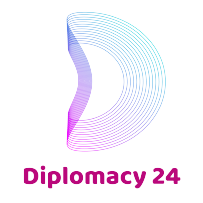
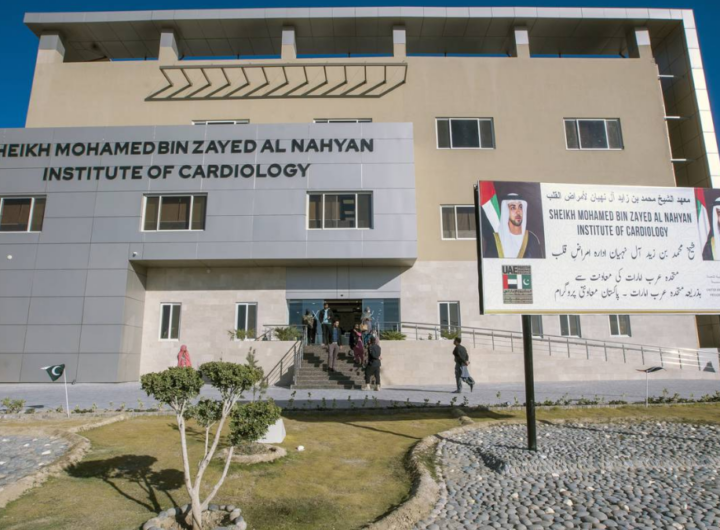 Sheikh Mohamed bin Zayed Institute of Cardiology opens in Pakistan
Sheikh Mohamed bin Zayed Institute of Cardiology opens in Pakistan 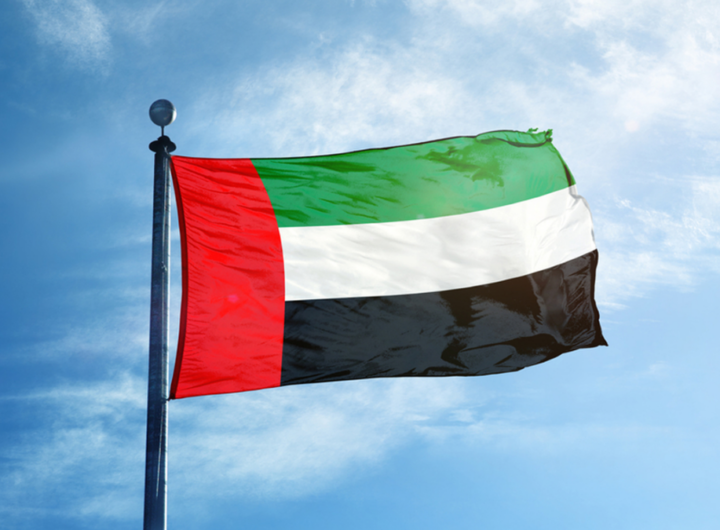 UAE enhances attractiveness as a preferred destination
UAE enhances attractiveness as a preferred destination 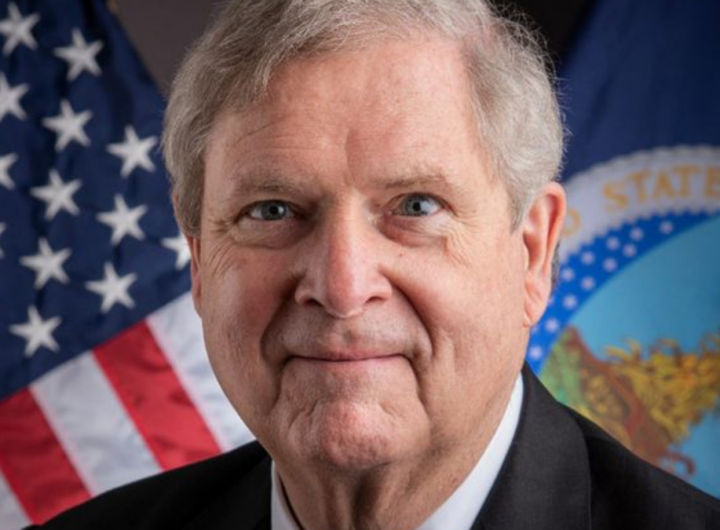 UAE is a committed partner for climate actions: US Secretary of Agriculture
UAE is a committed partner for climate actions: US Secretary of Agriculture 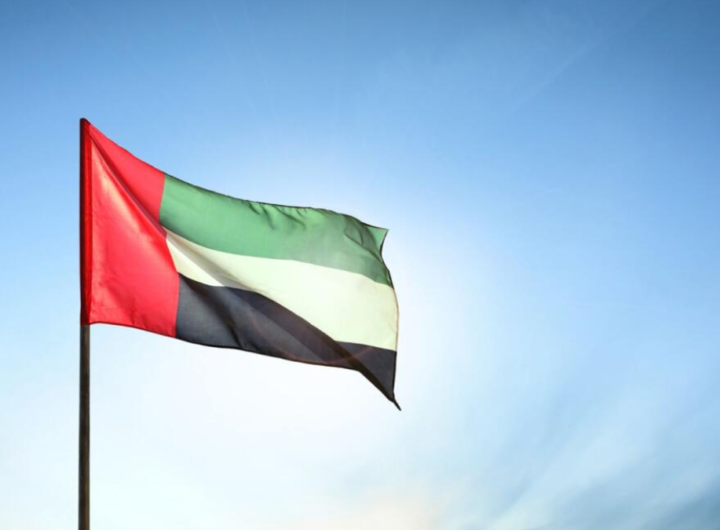 UAE’s initiative to crystalize the industry’s future
UAE’s initiative to crystalize the industry’s future 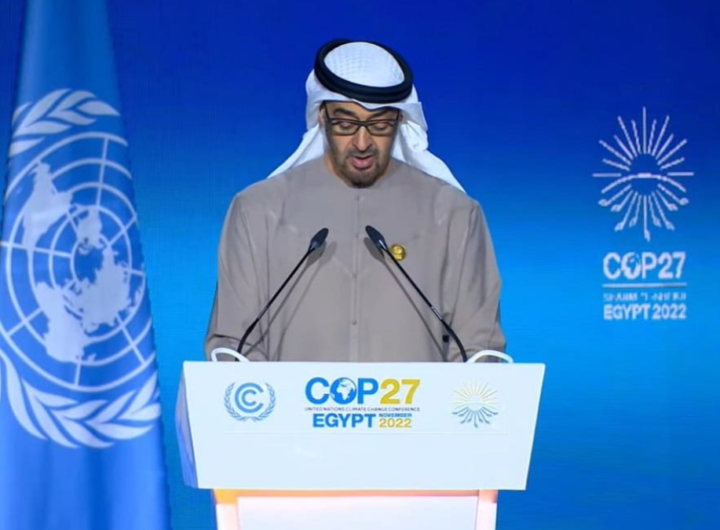 UAE President’s vision that supports world’s efforts to address climate change
UAE President’s vision that supports world’s efforts to address climate change 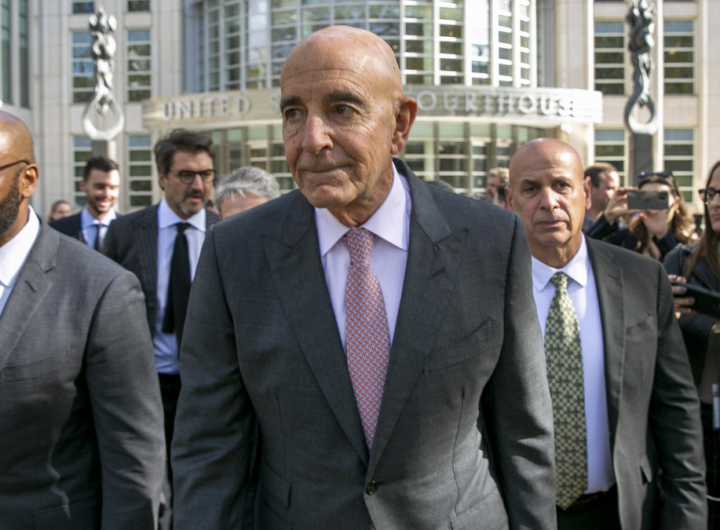 Donald Trump’s long-time ally found not guilty on foreign lobbying charges
Donald Trump’s long-time ally found not guilty on foreign lobbying charges 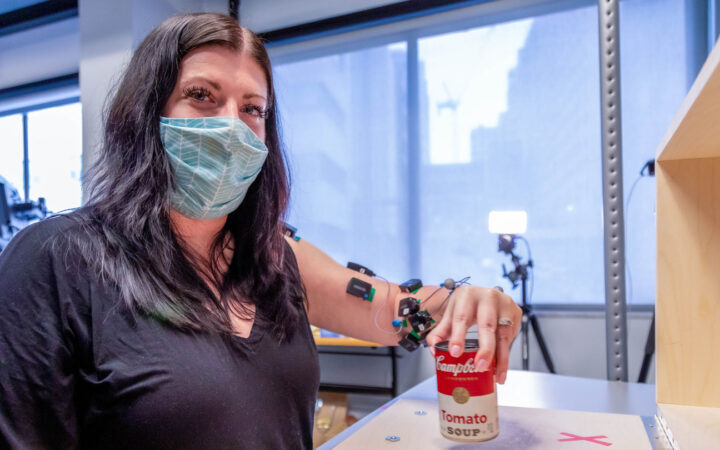 A new treatment could restore some mobility in people paralyzed by strokes
A new treatment could restore some mobility in people paralyzed by strokes 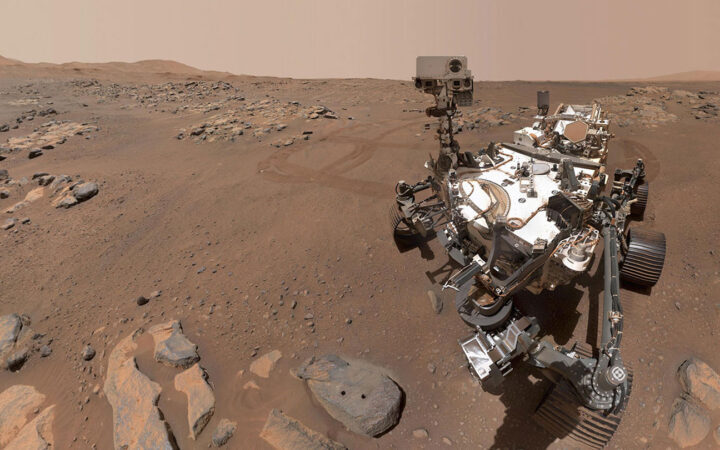 What has Perseverance found in two years on Mars?
What has Perseverance found in two years on Mars? 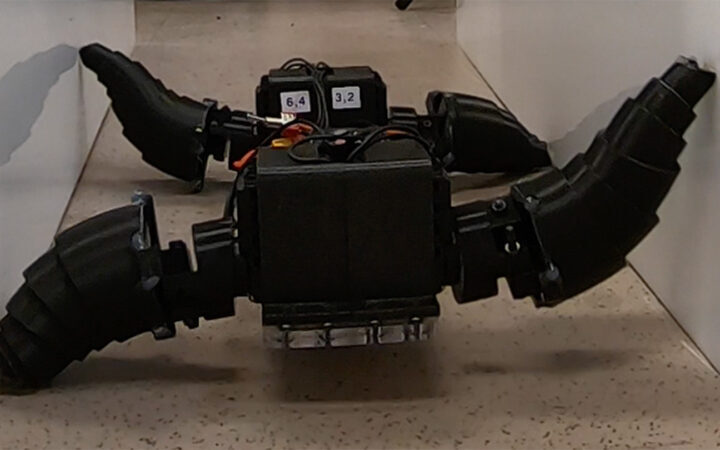 This robot automatically tucks its limbs to squeeze through spaces
This robot automatically tucks its limbs to squeeze through spaces 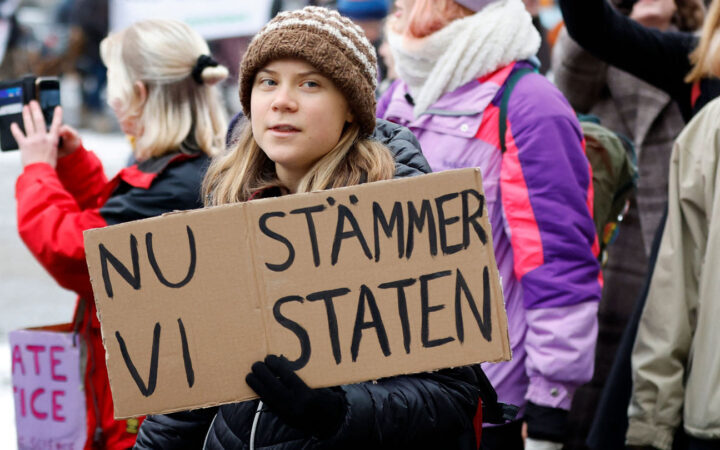 Greta Thunberg’s new book urges the world to take climate action now
Greta Thunberg’s new book urges the world to take climate action now